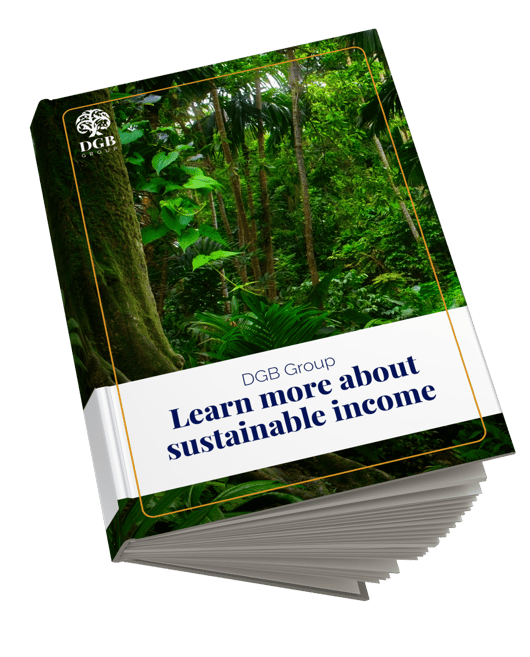DGB Group N.V. (“DGB”, “the Group”, or “the Company”) (Euronext: DGB: NL000916951), a leading carbon..
Practical income and long-term funding with carbon farming
Through our Conservation Agreement, we offer payments per hectare per year for a 30-year period. We also assess the effectiveness of habitat banks in accordance with our Biodiversity Management Plan. Best of all, our programme won't affect your land title, so you can continue to use your land as you see fit.
At DGB, we're committed to supporting nature restoration and sustainable community development. Our resources and expertise can help you make a real impact. No matter where you're starting from, we'll be there to guide and accelerate your efforts.
Ready to learn more about how carbon farming can benefit you and the planet? Contact us today.
Improved agricultural productivity
Farmers can benefit from productivity improvements, reduced costs, and improved farm resilience with carbon farming and sustainable land management.
Better soil health and decreased salinity
A study on agroecology across 57 countries found that it increased productivity on 12.6 million farms with an average 79% crop yield increase.




